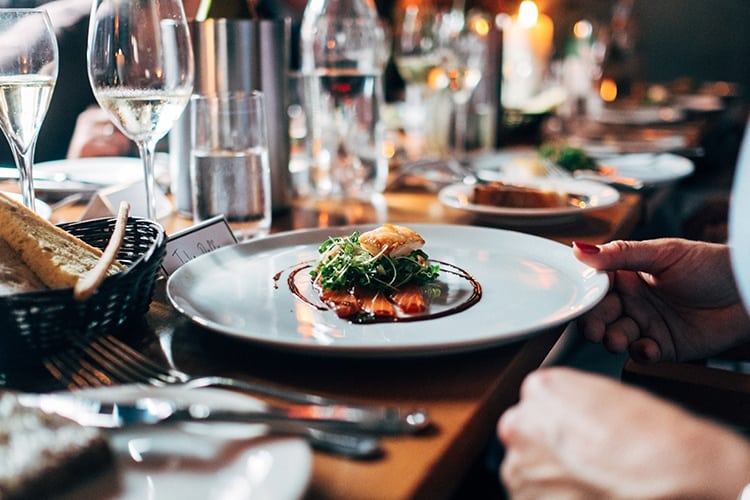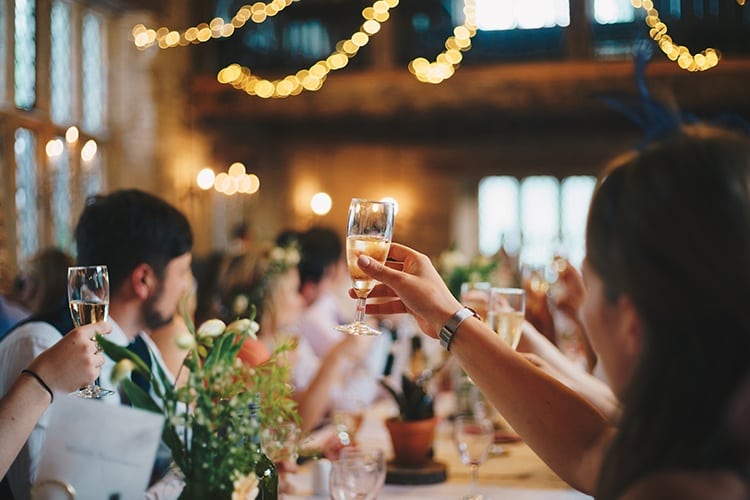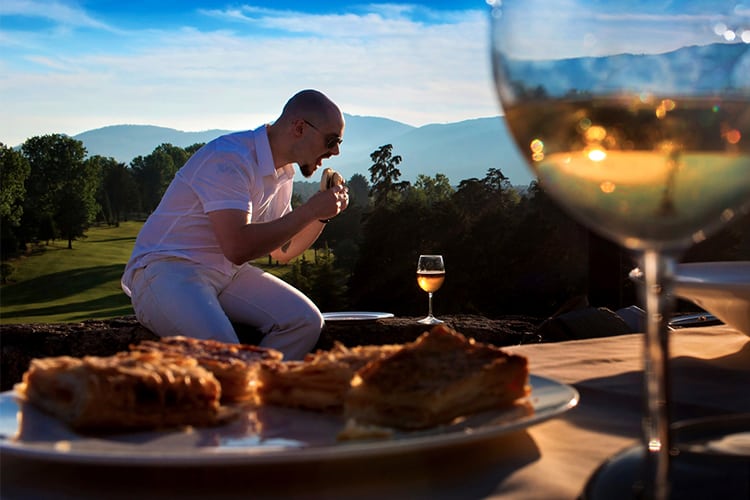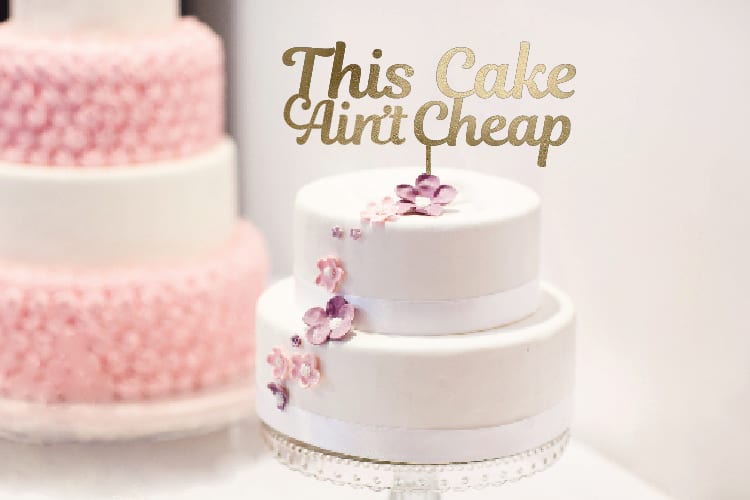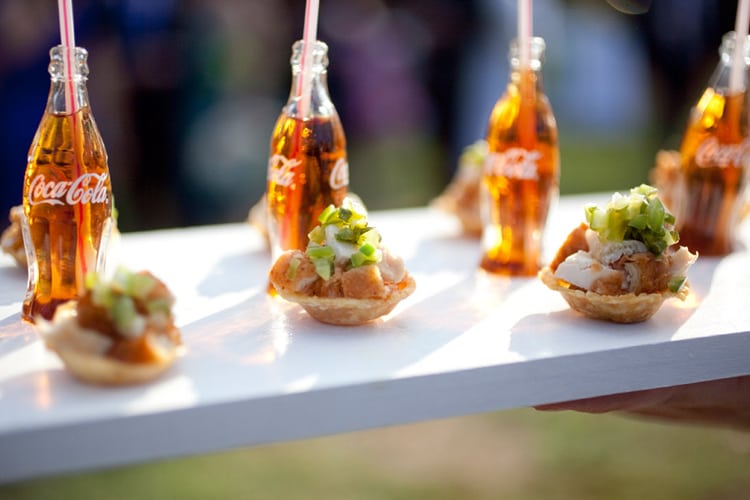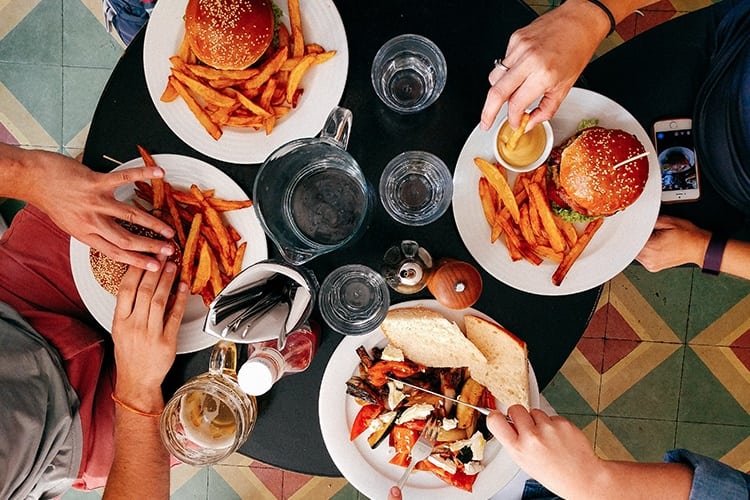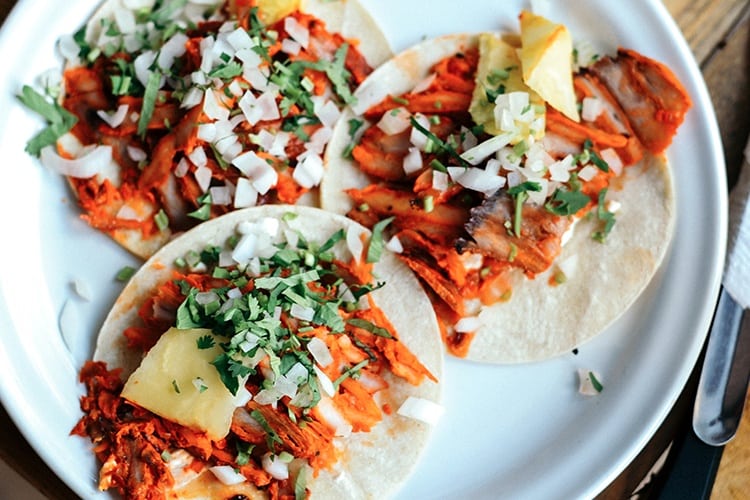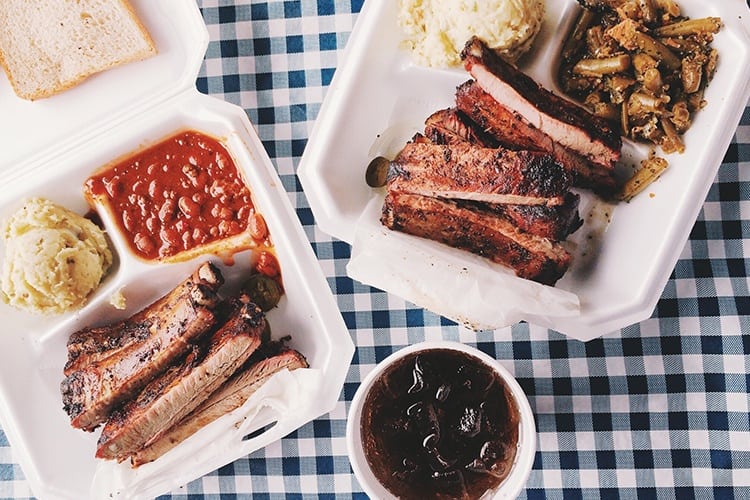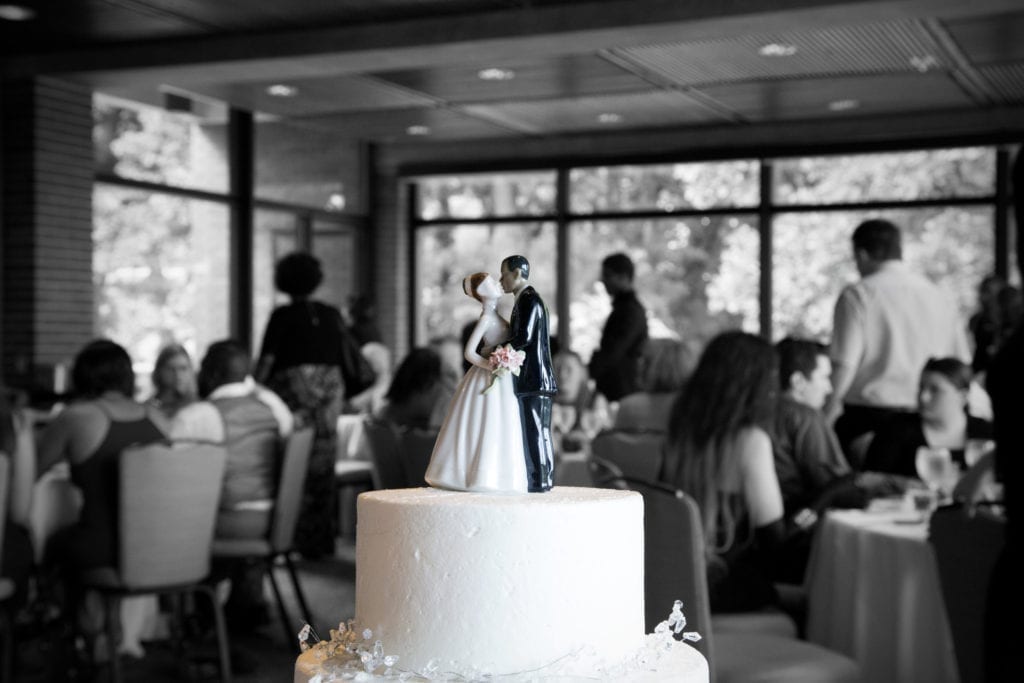
You’re approaching the wedding planning finish line. As it usually goes, you’ve saved the best part of wedding planning for last: choosing your cake. All cake is great, right? How hard can it be?
There are nuanced guidelines that determine what makes an exceptional wedding cake (as opposed to one only fit for smashing into each other’s faces, a thankfully dying tradition.)
It’s time to find the right bakery, try a lot of samples, and, probably, end up going along with what your partner wants. These are the tips you need to know to make sure you get the photogenic, delicious wedding cake of your or, probably, her dreams.
Plan In Advance
Start your cake preparation early, even if you’re bogged down with other wedding duties like seating placements, finding a venue, and choosing a color scheme. The season of your wedding will help guide the first step in your cake choice. The weather can definitely impact the ingredients : If you are having a summer wedding, for instance, you are not advised to choose a buttercream icing that will likely melt before the reception even starts.
Connect with A Baker
You can Google “wedding cake bakers” until your fingers throb, but it’s better to use personal recommendations from friends and family as a shortcut to your delicious cake. Ask your cousin’s new wife or a recently married friend how they found their baker and what their requirements were. You will gain valuable insight and feedback that you can’t always be sure of online. Be sure to make a list of several options to avoid putting blind faith in one baker. This is your wedding day after all–you don’t want buyer’s remorse.
Get a Sample
After you have narrowed down your list of potential bakers, schedule a consultation with each of them so you can meet in person, get a feel for their style, view their portfolio, and—best of all—sample some cake.
This is your opportunity to ensure that you’re making the right choice, so you should ask all of the questions you need to in order to feel comfortable with the baker’s abilities. A few questions that should be on your list:
- What is your culinary background?
- How many wedding cakes do you make per year?
- How soon before the wedding will you bake our cake?
- Is there a delivery fee?
- How far in advance do we need to make the final decisions about our cake?
It’s also a good test to see how well your baker can handle challenges. If you want a chocolate cake and your fiancé is set on vanilla, see what types of solutions your baker proposes.
Check Out The Competition
One benefit of social media is that it allows you to easily compare bakers, cake styles, and which cakes other couples chose at certain times of the year. You can scroll through beach weddings and take note of the different cake decorations, flavors, and style.
If your fiancé hasn’t already done so, create a Pinterest board to organize examples. When it comes time to make a decision, you’ll have an inspiration board to draw from.
Set Your Budget
Set a cake budget going into the planning because once you are caught up in cake tasting it’s easy to nudge up your budget to accommodate unexpected whims. According to a CreditDonkey study on wedding cakes, the average wedding cake costs $582, but the total price depends a number of factors.
Marc, owner of City Cakes, explains that the cost ranges from $2.50 to $22 per slice for a simple cake. The cost trends higher the more complicated the cake. For example, fondant icing, the ultra-smooth icing often used for sculpting, costs more than buttercream, and anything requiring handmade design requires a by-the-hour price tag. If you’re into handmade designs, but not the cost, a great compromise may be to have your wedding cake topper handmade and let the rest of the cake be more simple.
If you want something more expensive, Marc recommends that couples on a budget should “opt for a small, expensive cake for photos and show, while guests are served standard sheet cake come dessert time.”
When it comes to tipping, if you feel the baker has done an incredible job, you can tip 15-20% of the cost of the cake. Otherwise, 10% is standard.
Go With Your Heart And Your Head
If you fall in love with a delicate chocolate ganache, but your wedding is in August, work with your baker to make adjustments so you can still get the cake you want while remaining practical. You want to ensure whichever cake you choose will transport well and last for the duration of your wedding.
Fondant, for example, can dry out and harden fairly easily, which may lead to cracks or tears. Whereas buttercream can melt on a hot day. No one wants that happening before you even have a chance to get photos of the cake, so the best way to avoid surprises is by being specific with your baker—tell him or her where the venue is, what the temperature will likely be, if there will be refrigeration for the cake or if it is meant to be on display for hours, etc.
You should also make sure that all details are agreed upon in writing. Carmela Tracy, co-owner of Loveletter Cakeshop in New York City says “keep in mind that you’re responsible for reviewing your contract and make sure that every detail discussed is agreed upon in writing at least a few weeks before your wedding, if not longer. This protects the couple as well as the designer. Last-minute changes and add-ons can have a significant cost.”
Don’t Get Lost
You should treat your cake like any other major aspect of your wedding, drawing inspiration from as many places as you can. You can choose cakes based on your wedding color palette so when it does come time to talk confection, you will have a clear idea of what you want. It is also advisable to share any mood board or Pinterest board you create with your baker so everyone is on the same page from the onset. A good cake designer will make helpful suggestions to keep your budget on point, while still meeting your aesthetic needs.
Choosing a cake requires you to focus and balance a bunch of considerations. Don’t just go for the first thing that makes your mouth water.







